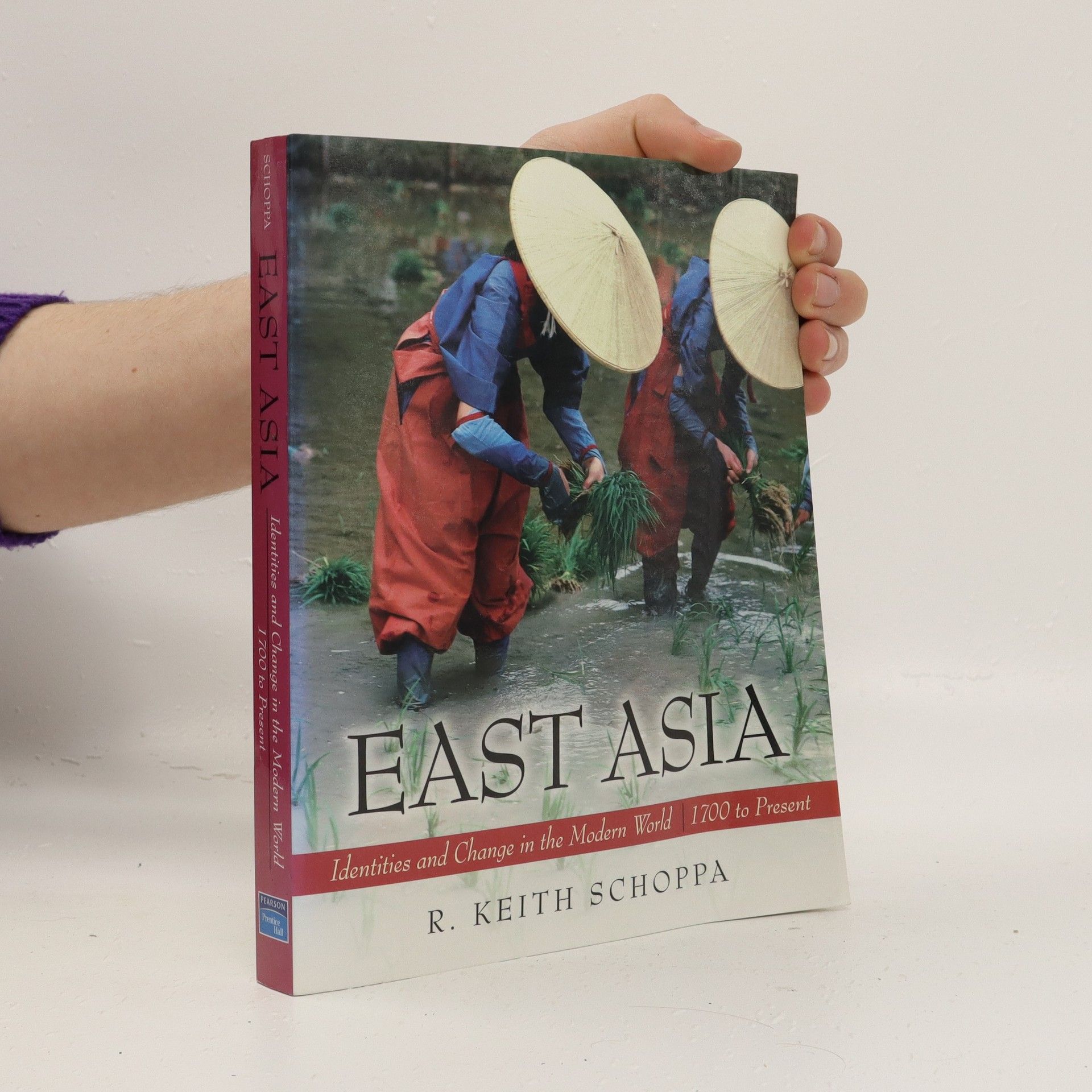The twentieth century was marked by remarkable advancements in medicine, science, technology, and space exploration. However, it was also the most violent century in history, with an estimated 30 million people killed in genocides and 187 million in wars. Not a single year passed without significant conflict. Each chapter highlights several lesser-known individuals who embody the spirit of their times, showcasing their unique contributions amidst a backdrop of war and violence. These figures grappled with their political identities, deciding whether to align with local, national, or global communities. This allegiance has been a focal point of discussion in recent decades, influencing the future of global citizenship. The narrative also explores other critical developments of the century, including the evolving roles of women, the impact of race and ethnicity, the significance of identity, and environmental challenges such as atomic energy and resource sustainability. Additionally, it examines the causes and transformations of warfare worldwide, as well as the historical influences of contingency and memory.
R. Keith Schoppa Libros


East Asia : Identities and Change in the Modern World, 1700 to Present
- 576 páginas
- 21 horas de lectura
In East Asia : Identities and Change in the Modern World , accomplished historian R. Keith Schoppa uses the prism of cultural identities to examine the four countries that make up the East Asian cultural sphere—China, Japan, Korea, and Vietnam—from roughly 1700 to the present. This book explores modern East Asian history through the themes of identities and change.